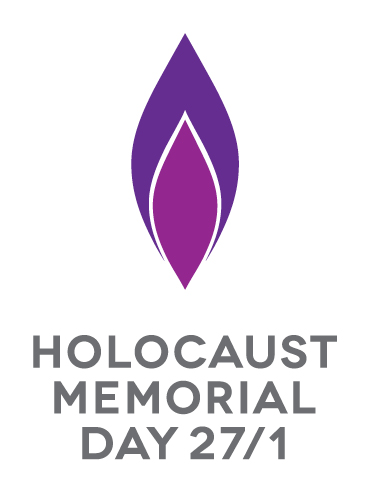
To: 27 Jan 2017, 2 p.m.
Location: SURF room, First Floor of Fulton House, Singleton Campus , Park Campus
What is Holocaust Memorial Day?
Holocaust Memorial Day is the UN’s International Day of Remembrance to commemorate victims and survivors of the Holocaust and Nazi persecutions, as well as other worldwide genocides, including those in Cambodia, Rwanda, Bosnia and Darfur. Between 1941 and 1945, the Nazis attempted to annihilate all of Europe’s Jews through a systematic and planned out attempt to murder, in what is now known as the Holocaust. By the end of the Holocaust, six million Jewish men, women and children had perished in concentration camps, extermination camps, ghettos and mass-shootings. There were also an additional five million victims of Nazi mass murders including LGBT people, disabled and mentally ill people, Slavs, Romani people and people of colour, bringing the death toll to approximately 11 million.
Why is Holocaust Memorial Day important?
The past is powerful and it is important that we learn from it for the future, ensuring protection from hatred. It is just as important today that we learn to appreciate and understand everyone in our society. We have an opportunity to learn from history’s mistakes and on Holocaust Memorial Day, we remember.
When and where will Swansea University commemorate Holocaust Memorial Day?
On Friday 27 January, at the SURF room, First Floor of Fulton House, Singleton Campus from 12:00 until 13:00
How will Swansea University commemorate Holocaust Memorial Day?
PVC Martin Stringer will be delivering a talk titled, Why remember? From Genocide to Micro-Aggressions and Back Again, which will explore the memorial for the twentieth century genocides, other forms of exclusion and cleansing, the construction of otherness and the current debate on racism, homophobia, islamophobia, including unconscious bias and micro-aggressions.
Secondly, Dr Glenn Miles will explore the on-going impact of genocide on Cambodia and the way in which it has recovered. Dr Miles will talk about individuals and projects that he has worked with over the past 29 years in refugee camps, city slums, red light areas and evicted communities, demonstrating how over the years the country has become more optimistic, with young people growing in confidence in themselves and for their future.
Contact: Huw Lewis (Email: h.r.lewis@swansea.ac.uk) - Telephone: 01792513687
Event created by: c.l.elms
